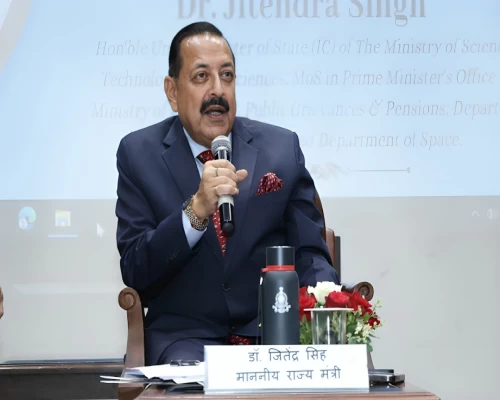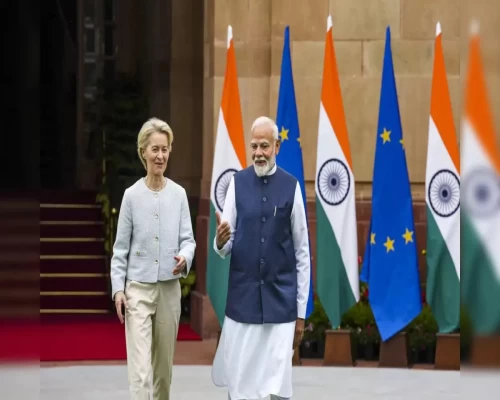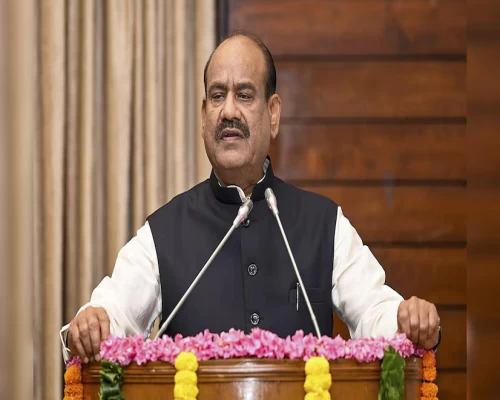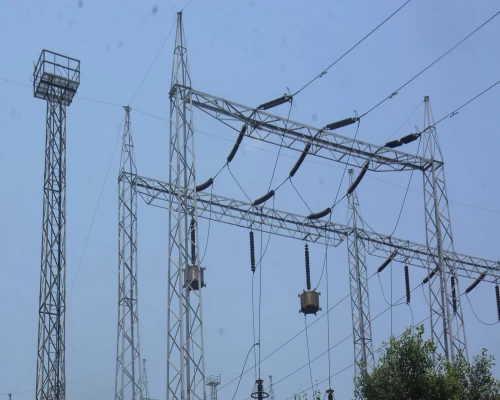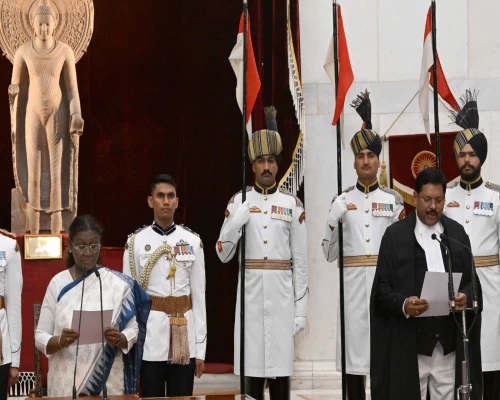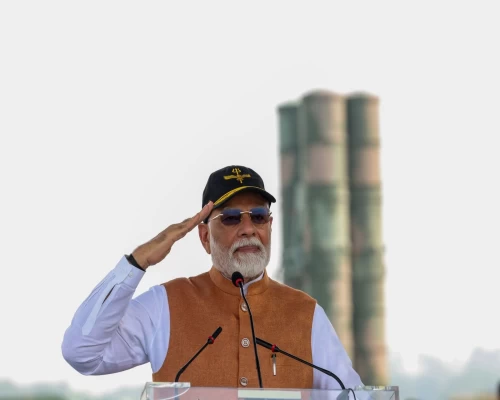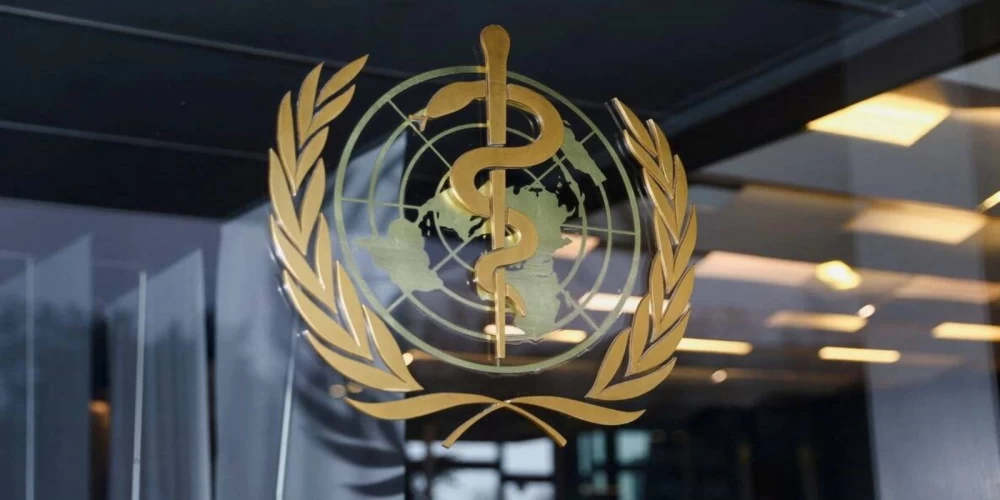
New Delhi: India’s vaccine regulatory system has been recognised for meeting the World Health Organization (WHO) standards for a functional vaccine regulatory system. This recognition follows an in-depth review of India’s vaccine regulatory system conducted by an international team of experts, led by WHO, from 16 to 20 September 2024. The Central Drugs Standard Control Organisation (CDSCO), along with the National Regulatory Authority (NRA) and associated institutions, was evaluated during the review.
The evaluation focused on safety, efficacy, and quality - key parameters in assessing vaccines. WHO has set global standards for vaccine regulation through tools and guidelines and regularly benchmarks national regulatory authorities as part of its prequalification programme. India’s regulatory system, first benchmarked in 2017 using the Global Benchmarking Tool (GBT) Version V, was re-assessed against the updated GBT Version VI, which has introduced more stringent criteria. India was found to be ‘functional’ across all core regulatory functions under the revised standards.
India has maintained Maturity Level 3, with high marks in several key functions. Union Health Secretary Punya Salila Srivastava commended the collaboration between CDSCO and WHO, highlighting India’s role as a global leader in affordable vaccines and generic medicines. She congratulated the teams for their efforts in achieving this significant milestone.
The WHO Representative to India, Roderico H. Ofrin, praised the country’s achievement, noting that it reinforces India’s role in global health and its growing pharmaceutical sector. He acknowledged the collaboration between WHO and India’s regulatory institutions in strengthening the nation’s capacity to regulate vaccines.
Dr Rajeev Singh Raghuvanshi, Drugs Controller General of India, highlighted that India is a major vaccine producer, supplying several vaccines to international agencies such as UNICEF, WHO, and PAHO. He confirmed that India’s regulatory system meets the WHO indicators for a functional vaccine regulatory system.
In addition to the overall system, key regulatory functions such as registration and marketing authorisation, vigilance, market surveillance, licensing, regulatory inspections, clinical trials oversight, and laboratory testing were evaluated. The international team’s positive assessment led to the development of an Institutional Development Plan, which outlines further steps to strengthen India’s regulatory capacity in the years ahead.
India is home to 36 major vaccine manufacturing facilities that supply vaccines to over 150 countries, making it a critical player in the global vaccine market. The WHO Prequalification Programme, which ensures that vaccines meet unified global standards, is a key requirement for manufacturers supplying vaccines to UN agencies. A functional NRA is a prerequisite for this prequalification.
Sustaining the regulatory gains achieved through this process is crucial. The detailed Institutional Development Plan drawn up by the assessment team will guide further improvements, ensuring that India’s regulatory capacity continues to meet global standards.
BI Bureau


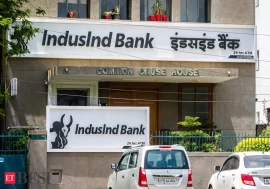
 (14)_500_x_400.webp)
